
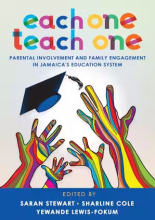
Each One Teach One: Parental Involvement and Family Engagement in Jamaica’s Education System is a collection of research studies and essays across multiple educational fields: leadership, psychology, special education, early childhood, literacy studies, mathematics and teacher education. The contributors to this collection provide empirical evidence on the state of parental involvement and family engagement in Jamaica.
Read more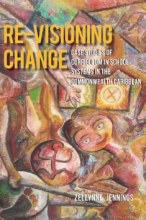
The change process is immensely complex. It is a journey, not a blueprint. How we make that journey in the present should be informed by our experiences in the past. This book takes the reader through that journey, traversing the stages of initiation, design, development, implementation, institutionalization of curriculum innovations in schools in several Commonwealth Caribbean countries.
Read more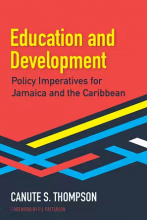
Canute S. Thompson examines the nexus between the place and scope of the educational enterprise of a country and a country’s developmental prospects and experience. His central claim is that the sustainable development of a country is a function of the quality of its education system and the levels to which its citizens are educated. He argues that in this calculus, the quality of post-secondary and tertiary education systems is a determinant of a country’s prospects for development.
Read more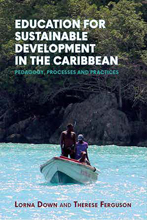
With its emphasis on the crucial role of education for the transformation to a peaceful, just, inclusive and environmentally sustainable world, this book is a valuable resource for students, lecturers and researchers working in education for sustainable development across disciplines. It also is a significant text for those working in community-based, non-governmental and intergovernmental fields. The authors complement their theoretical discussions with practical, “real world” engagements; distilling what it means to educate for sustainability and to educate for the care and respect for all of life.
Read more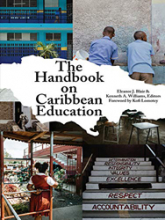
Schooling continues to hold a special place both as a means to achieve social mobility and as a mechanism for supporting the economy of Caribbean nations. Each chapter provides a unique perspective on the various social and cultural issues that define Caribbean education and schooling. The Handbook on Caribbean Education fills a void in the literature and documents the important research being done throughout the Caribbean. Creating a space where Caribbean voices are a part of “international” discussions about 21st century global matters and concerns is an important contribution of this work.
Read more
Social Media